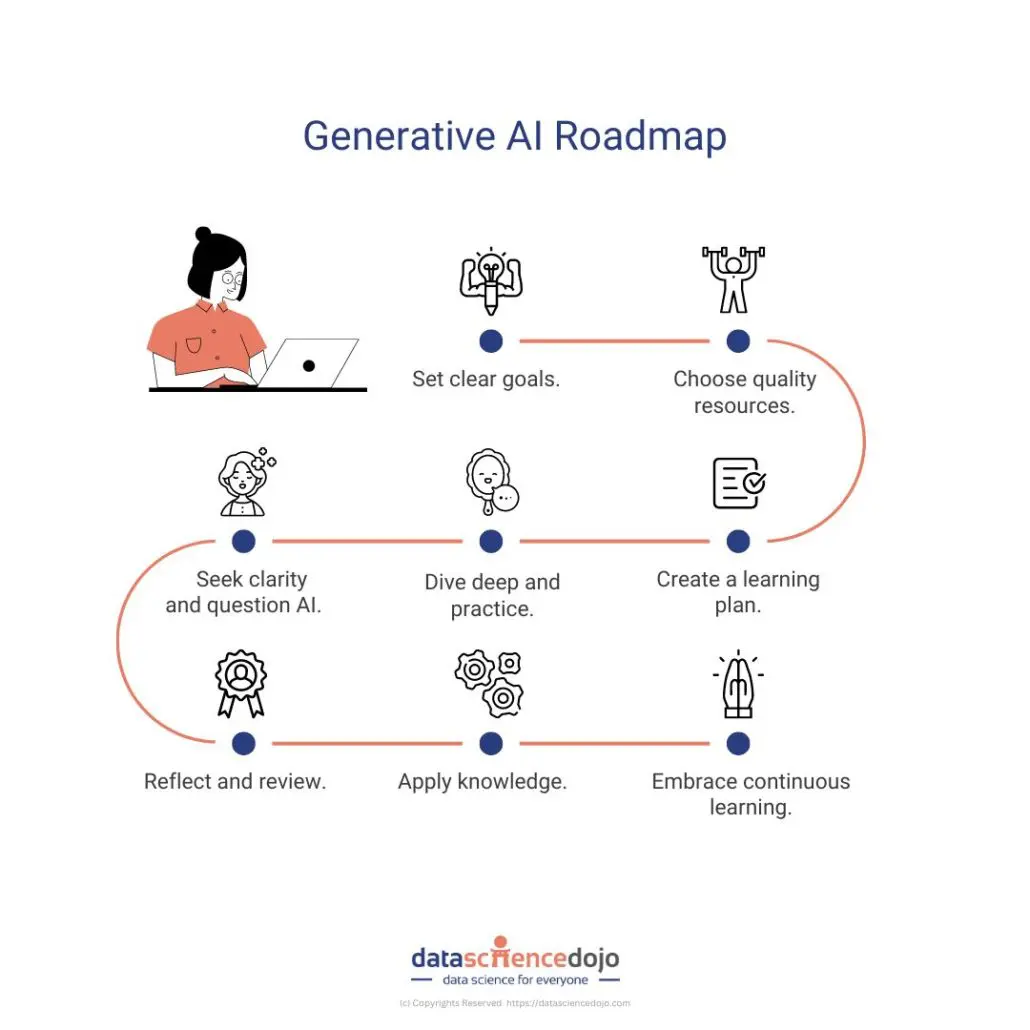Google's Search AI: Data Sources And User Privacy

Table of Contents
Data Sources Fueling Google's Search AI
Google's sophisticated search AI relies on a vast and diverse range of data sources to deliver relevant and personalized results. Understanding these sources is key to grasping the implications for user privacy.
The Vast Web Crawl
Google's search engine relies on a massive web crawling process. Googlebot, a family of web crawlers, constantly scans billions of web pages, indexing their content for future searches. This indexing process involves collecting various data types, including:
- Text: The main content of web pages, including articles, blog posts, and product descriptions.
- Images: Images are analyzed using image recognition technology to understand their content and context.
- Videos: Similar to images, videos are processed to extract information and captions.
- Structured Data: Data formatted using schema.org vocabulary helps Google better understand the content on a page.
The frequency of crawling varies depending on factors like website activity and importance. Managing such a massive dataset presents significant technical and logistical challenges for Google. The scale of this data collection is a fundamental element of Google's Search AI capabilities, but it also raises questions about data management and potential biases embedded within the collected information.
User Data and Search History
Personalized search results heavily rely on user data. Your Google account and search history significantly influence the results you see. Google uses this data to tailor your experience, offering more relevant and helpful information. However, this personalization raises important privacy concerns. The types of data collected include:
- Location: Your geographical location helps Google deliver locally relevant results.
- Searches: Your past searches are analyzed to understand your interests and preferences.
- Clicks: The links you click on provide valuable feedback on the relevance of search results.
- Device Information: The type of device you use (desktop, mobile) influences the presentation of results.
While personalization offers benefits, users should be aware of the implications for their privacy. Using incognito or anonymous browsing modes can limit some data collection, but it doesn't eliminate it completely.
Third-Party Data and Partnerships
Google's search AI doesn't just rely on its own web crawl and user data. It integrates data from various third-party sources and partnerships, significantly expanding its knowledge base. This includes:
- Knowledge Graphs: A vast repository of information about people, places, and things.
- Business Listings: Data from Google My Business and other sources helps provide accurate information about local businesses.
- Public Datasets: Government data and other publicly available information are used to enhance the breadth of search results.
While these partnerships enhance the quality of search, they also introduce the potential for biases and inaccuracies. Verifying the reliability and accuracy of third-party data is a continuous challenge for Google.
Google's Privacy Measures and User Controls
Google implements various measures to protect user data and provide users with control over their privacy. However, the effectiveness of these measures is a subject of ongoing debate and scrutiny.
Data Encryption and Anonymization
Google employs several methods to protect user data, including encryption during transmission and storage. Data anonymization and aggregation techniques are also used to minimize the risk of identifying individual users. These techniques include:
- HTTPS Encryption: Secures communication between your browser and Google's servers.
- Differential Privacy: Adds carefully designed noise to aggregated datasets, preserving privacy while allowing for statistical analysis.
- Data Minimization: Collecting only the data necessary to provide services.
However, it's important to understand the limitations of these techniques. Perfect anonymization is often impossible, and sophisticated attackers might still be able to identify individuals in some cases.
User Privacy Settings and Controls
Google provides a range of tools to manage your privacy settings within its products. You can adjust settings related to:
- Location History: Control whether Google tracks your location data.
- Web & App Activity: Manage the data Google collects from your browsing and app usage.
- Personalized Ads: Control the level of ad personalization based on your data.
You can also easily delete your search history and manage cookies through your Google account settings. Taking control of these settings is crucial for managing your privacy effectively.
Transparency and Data Reporting
Google endeavors to provide transparency about its data collection practices through its privacy policies and other resources. However, the clarity and accessibility of this information can be improved.
- Privacy Policy: While Google provides a detailed privacy policy, it can be complex and challenging to navigate for the average user.
- Data Security Reports: Google publishes reports on data security incidents and its efforts to improve data protection.
- Transparency Reports: These reports provide information on government data requests.
Areas where Google could enhance transparency include simplifying its privacy policy and providing more user-friendly explanations of its data usage practices.
Conclusion
Google's search AI offers incredible benefits, providing users with efficient and personalized access to information. However, it raises legitimate concerns about data sources and user privacy. Understanding how Google collects, uses, and protects your data is crucial for making informed decisions about your online experience. By utilizing the privacy controls available and staying informed about Google's practices, you can better manage your personal information while benefiting from the advancements in AI-powered search. Take control of your online privacy and explore your Google privacy settings related to Google's Search AI today.

Featured Posts
-
 Ftc Appeals Activision Blizzard Deal A Deep Dive Into The Legal Battle
May 05, 2025
Ftc Appeals Activision Blizzard Deal A Deep Dive Into The Legal Battle
May 05, 2025 -
 Thunderbolts Marvels Risky Bet On Anti Heroes
May 05, 2025
Thunderbolts Marvels Risky Bet On Anti Heroes
May 05, 2025 -
 The Norwegian Sovereign Wealth Funds Response To Trumps Trade Policies Under Nicolai Tangen
May 05, 2025
The Norwegian Sovereign Wealth Funds Response To Trumps Trade Policies Under Nicolai Tangen
May 05, 2025 -
 April Jobs Report 177 000 New Jobs Unemployment Steady At 4 2
May 05, 2025
April Jobs Report 177 000 New Jobs Unemployment Steady At 4 2
May 05, 2025 -
 Marvels Thunderbolts Potential And Pitfalls
May 05, 2025
Marvels Thunderbolts Potential And Pitfalls
May 05, 2025
Latest Posts
-
 Lizzos Weight Loss Journey Slimmer Figure Energetic Dance
May 05, 2025
Lizzos Weight Loss Journey Slimmer Figure Energetic Dance
May 05, 2025 -
 Lizzos Show Stopping Curves Take Center Stage In La
May 05, 2025
Lizzos Show Stopping Curves Take Center Stage In La
May 05, 2025 -
 Lizzos Weight Loss Journey The Details Behind The Headlines
May 05, 2025
Lizzos Weight Loss Journey The Details Behind The Headlines
May 05, 2025 -
 Internet Reacts To Lizzos Striking Weight Transformation
May 05, 2025
Internet Reacts To Lizzos Striking Weight Transformation
May 05, 2025 -
 Lizzos Dramatic Weight Loss Stuns Fans Online
May 05, 2025
Lizzos Dramatic Weight Loss Stuns Fans Online
May 05, 2025
